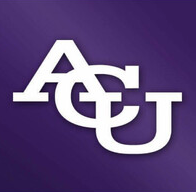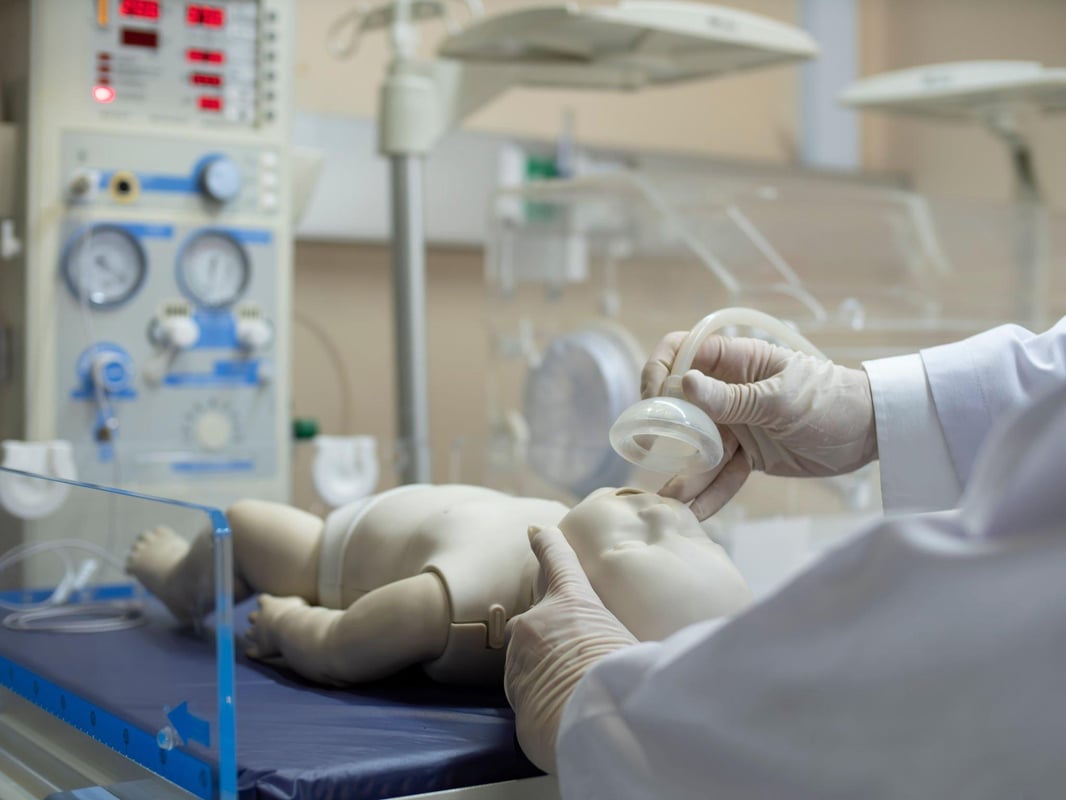
Financial aid (may be available)

Financial aid (may be available)

Financial aid (may be available)

Financial aid (may be available)
No cost info
$276 total
$2,075 total
No cost info
$150 total
No cost info
$285 total
No cost info
$150 total
No cost info
Finding the right Pediatric Advanced Life Support (PALS) course in El Paso can be a daunting task, especially for individuals who are not familiar with the training requirements and what to look for in a class. This blog post aims to provide comprehensive information that can guide you in finding the perfect PALS class.

Pediatric Advanced Life Support (PALS) is an advanced training course for healthcare professionals who respond to emergencies in infants and children. This includes personnel in emergency response, emergency medicine, intensive care, and critical care units. The course enhances the skills of the professionals in recognizing and treating cardiopulmonary arrest or other cardiovascular emergencies.
Before enrolling in a PALS class, there are several training requirements you need to meet:
Current Basic Life Support (BLS) Certification: Before you can take PALS, you must have a current BLS certification. This is because PALS builds on the knowledge and skills you learn in a BLS course.
Basic EKG Knowledge: Understanding EKGs is a crucial part of PALS because it can show if a childs heart is functioning properly.
Medical Knowledge: You also need to have a basic understanding of medical knowledge, particularly in pediatrics.
There are several things you should consider when choosing a PALS class:
Accreditation: The course should be accredited by a recognized medical organization. This ensures that the course content is up-to-date and meets the required standards.
Course Content: The PALS class should cover all the necessary topics such as pediatric assessment, basic life support, PALS treatment algorithms, effective resuscitation, and team dynamics.
Course Delivery: Some people prefer in-person classes while others prefer online classes. Choose the one that suits your learning style and schedule.
Once you enroll in a PALS class, you can expect:
Lectures: The course typically involves lectures on pediatric emergencies, including respiratory failure, shock, and arrhythmias.
Skill Stations: These are practical sessions where you'll learn and practice procedures like airway management and vascular access.
Simulations: You'll participate in simulated pediatric emergencies to apply your knowledge and skills.
The PALS certification process usually involves:
Course Completion: After attending all the classes and completing the coursework, you'll need to pass a final exam to earn your PALS certification.
Certification: Upon successful completion of the exam, you will receive a PALS provider course completion card, which is valid for two years.
After becoming a PALS provider, you can find job opportunities in:
Hospitals: Especially in emergency departments, intensive care units, and pediatric departments.
Ambulance Services: Many ambulance services require their paramedics to be PALS certified.
Private Pediatric Practices: They often have PALS-certified nurses and medical assistants on staff.
After getting a PALS certification, there are several other classes that you can take to further your knowledge and skills:
Advanced Cardiac Life Support (ACLS): This course builds upon the basic principles of BLS and emphasizes the importance of continuous, high-quality CPR.
Neonatal Resuscitation Program (NRP): This course is designed for healthcare professionals involved in any aspect of neonatal resuscitation.
For those interested in broadening their healthcare skills, here are some courses you can consider:
EKG Technician Course: Learn to administer electrocardiograms (EKGs) and monitor patients heart performance.
Medical Assistant Course: Train to assist physicians in medical practices and hospitals.
Radiology Technician Course: Learn to operate diagnostic imaging equipment to help physicians assess and treat medical conditions.
Choosing the right PALS class in El Paso requires careful consideration of several factors including course content, delivery method, and accreditation. Remember, becoming a PALS provider is not just about getting a certification, but equipping yourself with the skills and knowledge to provide high-quality care to pediatric patients in emergency situations. Whether you wish to further your career in the healthcare sector or are starting out, the information provided should guide you in making an informed decision.
Explore Dreambound's in-depth guides, each shedding light on the unique requirements and challenges in cities across the US. For more insights, be sure to check out our other guides.
Weighing the possibilities of a career shift ? Dreambound has written many extensive guides to guide you in making informed decisions. Check out some of these resources below:
Dreambound's platform allows prospective students to find the right educational program for them through searching, filtering, and connecting with our extensive selection of career & technical education partners.
Dreambound has over 70 programs across healthcare, technology, business, and industrial trades. This includes programs such as Medical Billing, Cybersecurity, and welding.
Some of our schools offer financial aid for those who qualify. Many others offer payment plans, where you can pay the cost of class over time.
Yes, Dreambound offers many online programs. On Dreambound's search, you can filter by online, in-person, and hybrid (part online, part in-person).
Dreambound is completely free for you to use! We are supported by schools and organizations who pay to advertise on our website, so we can offer all of our career resources for free.